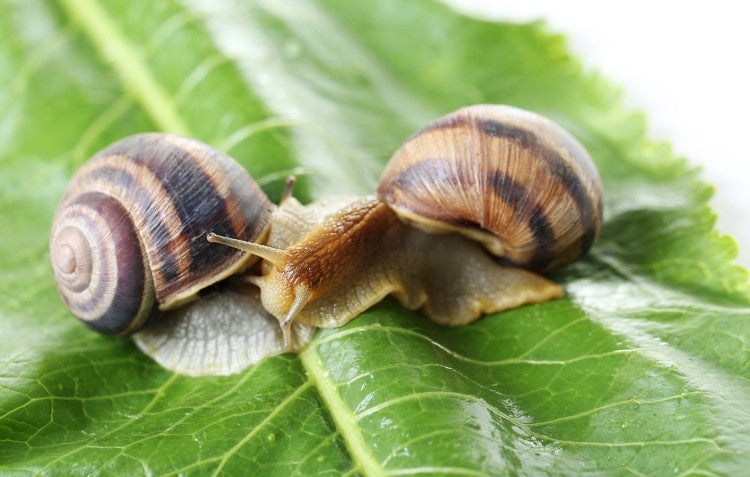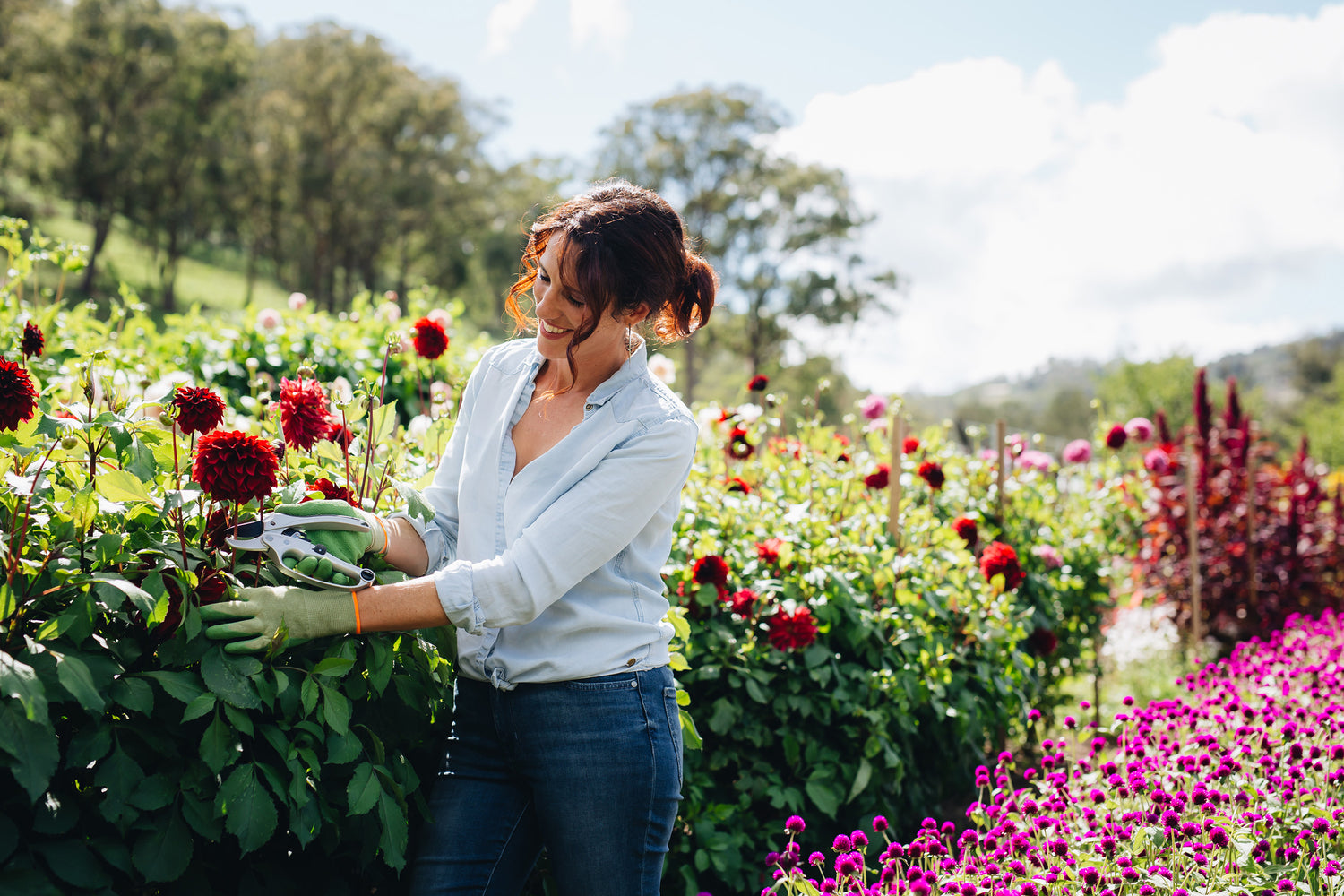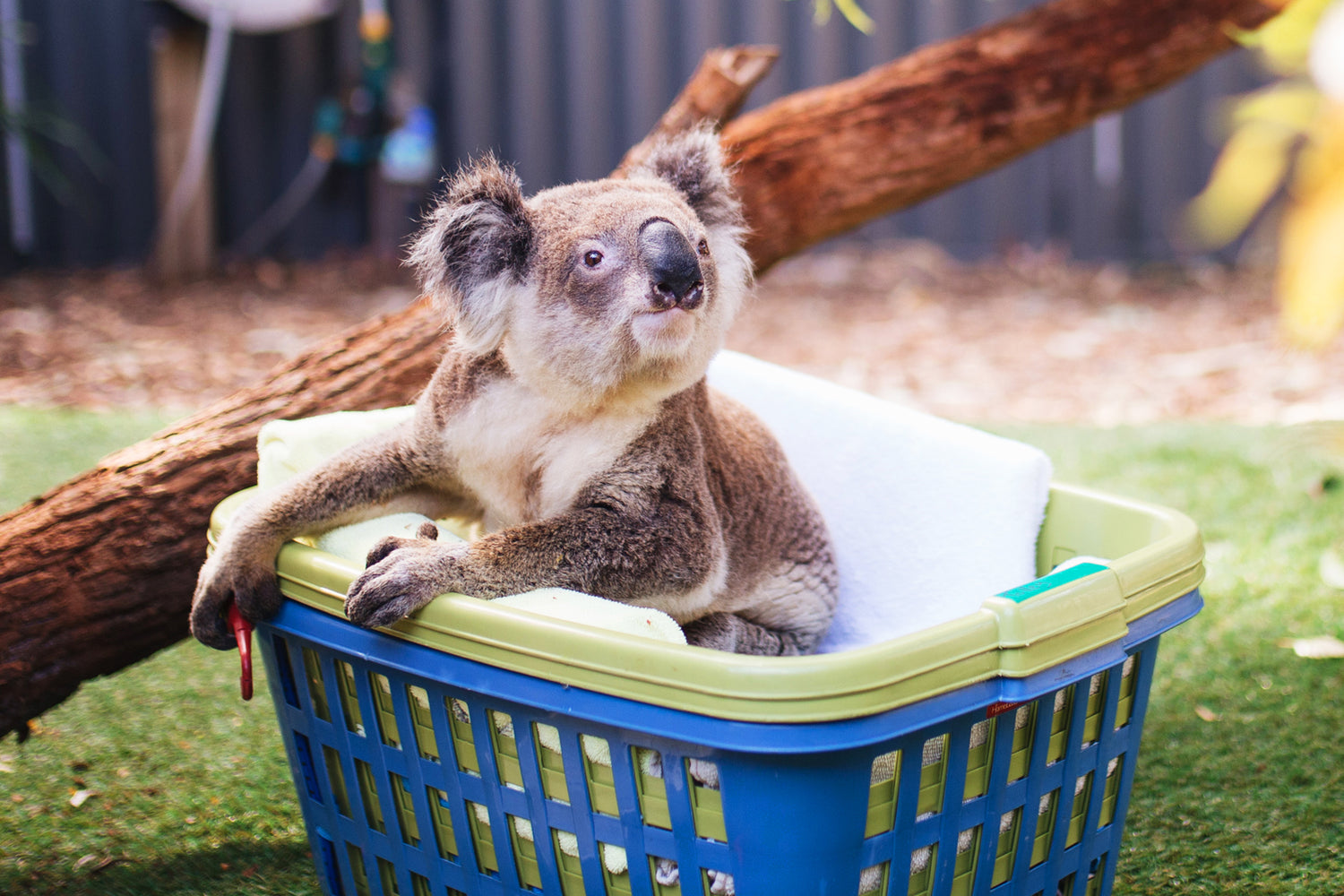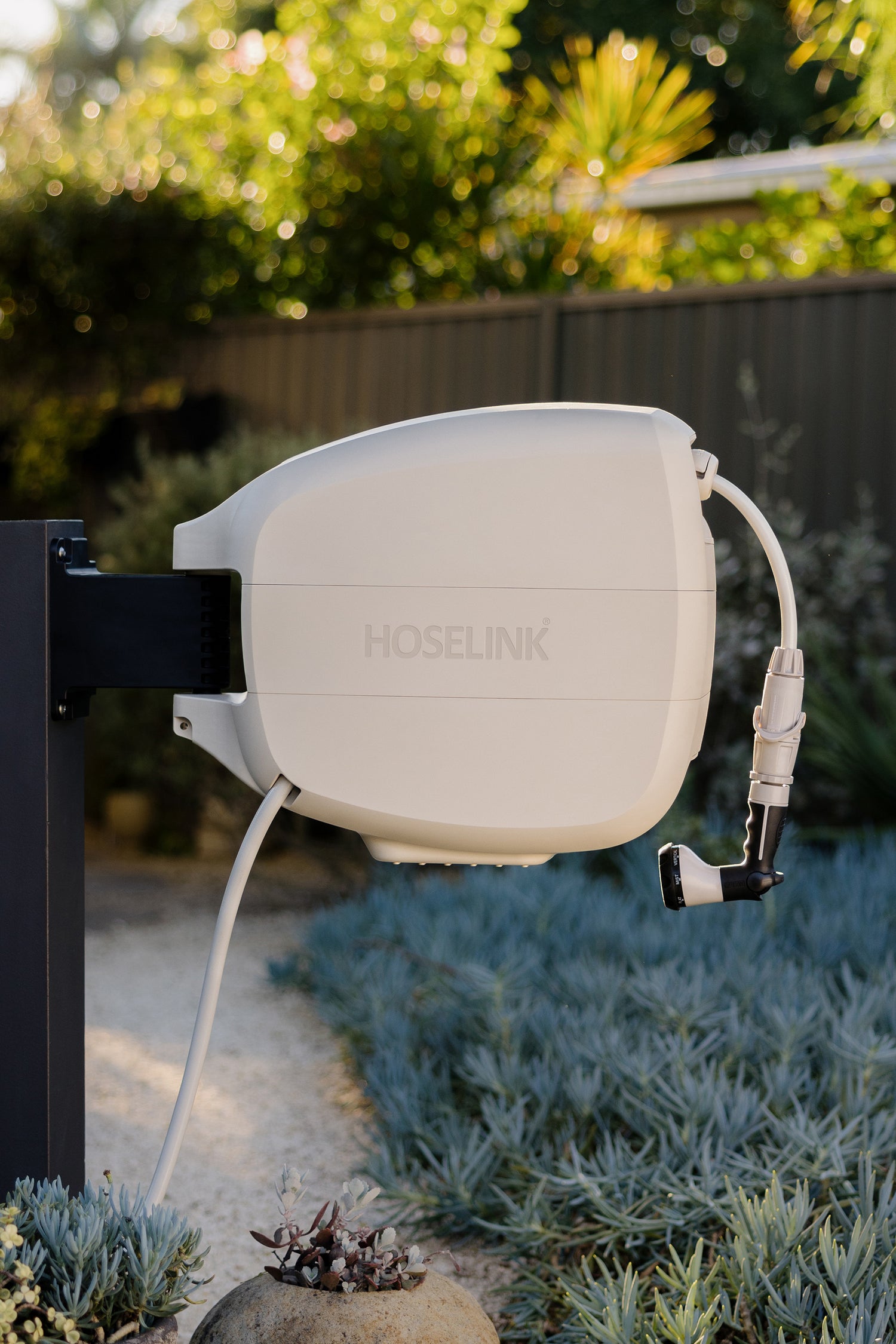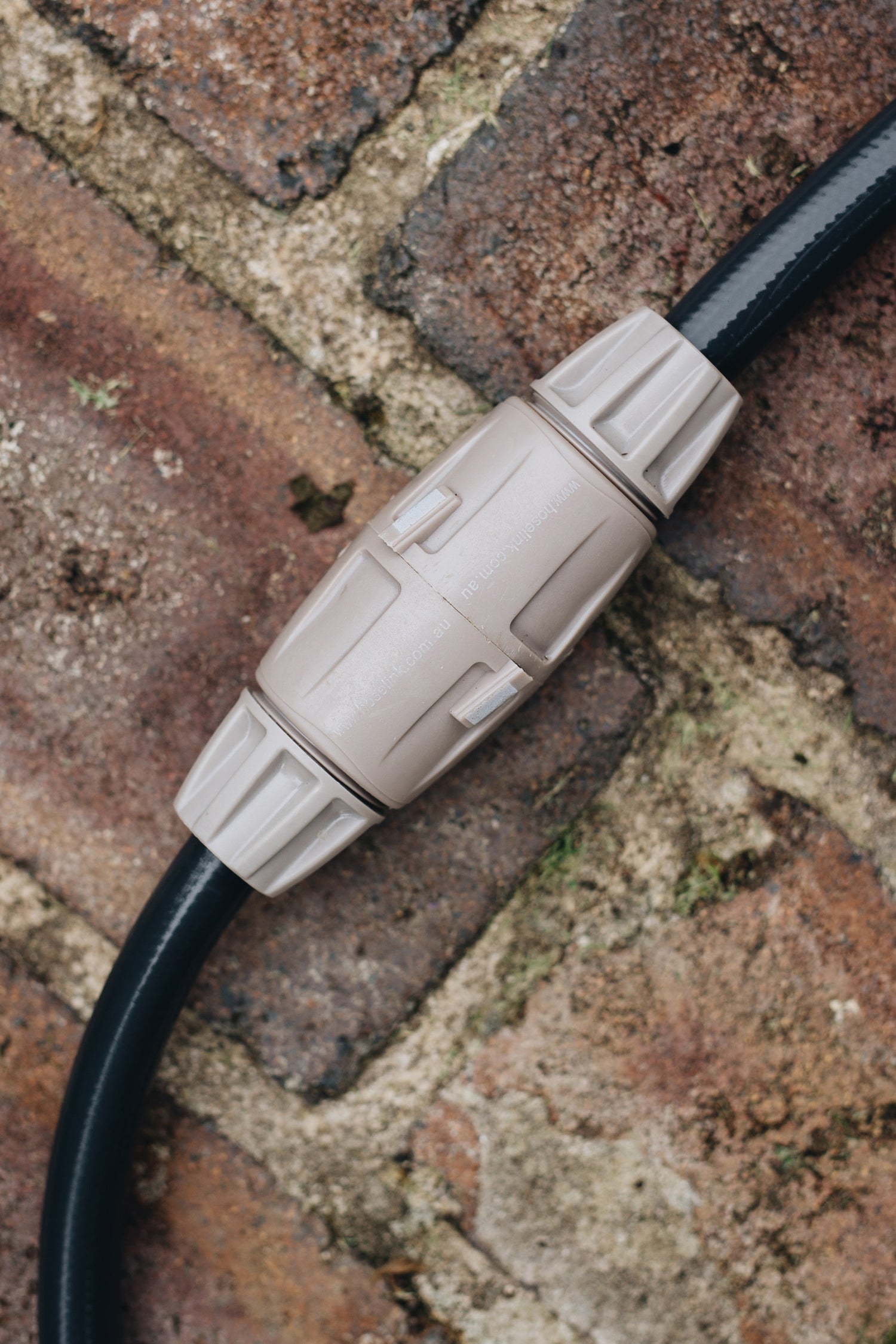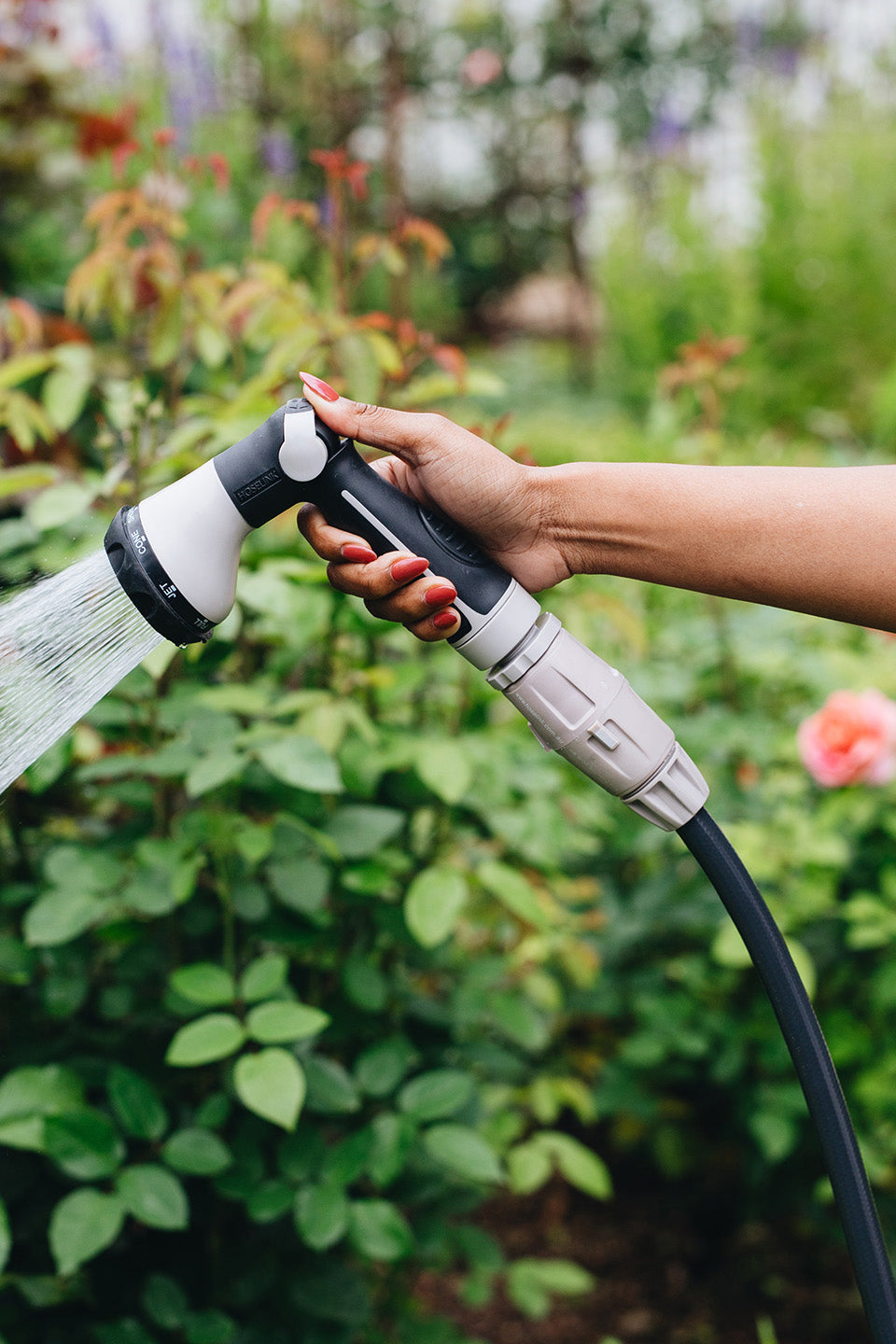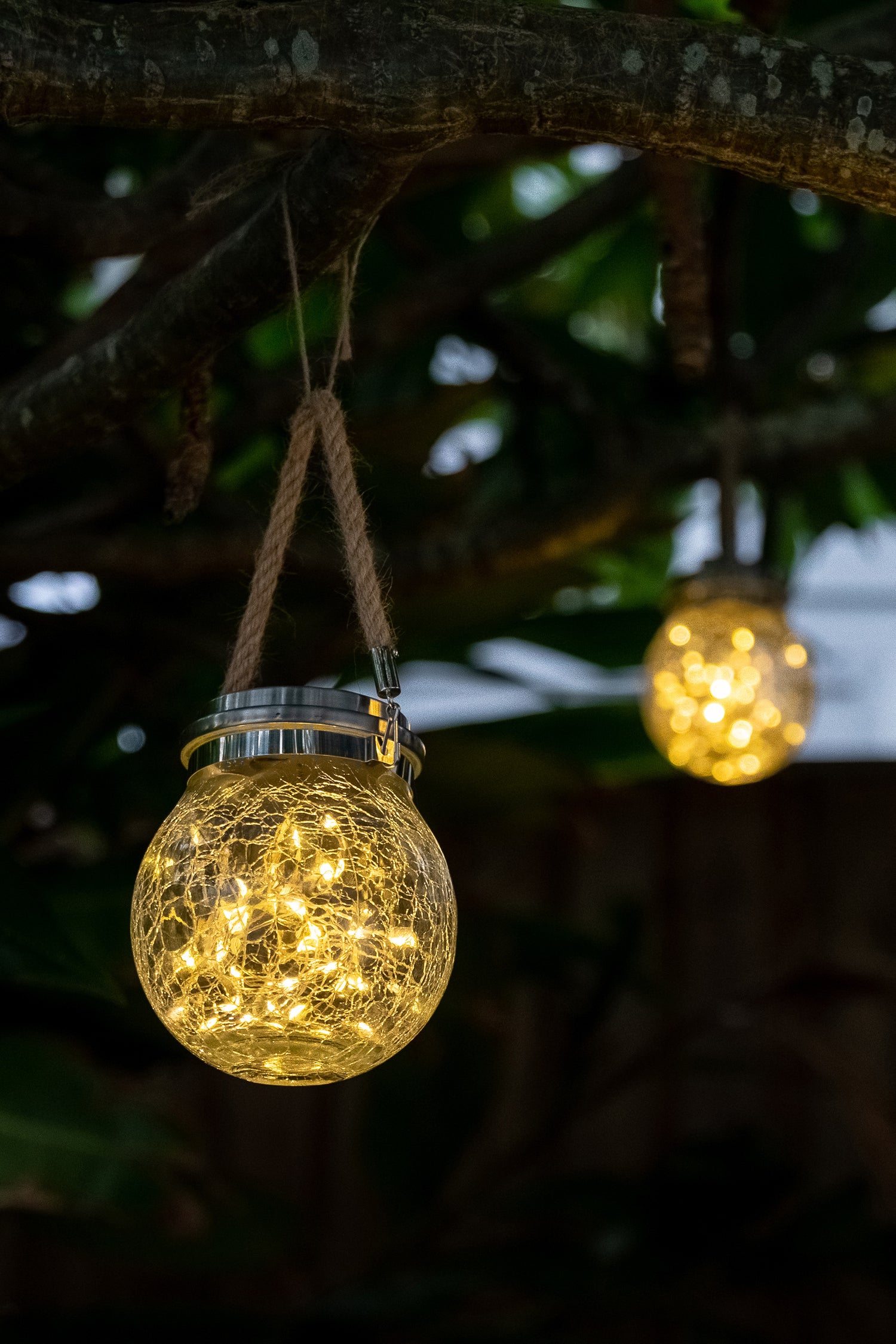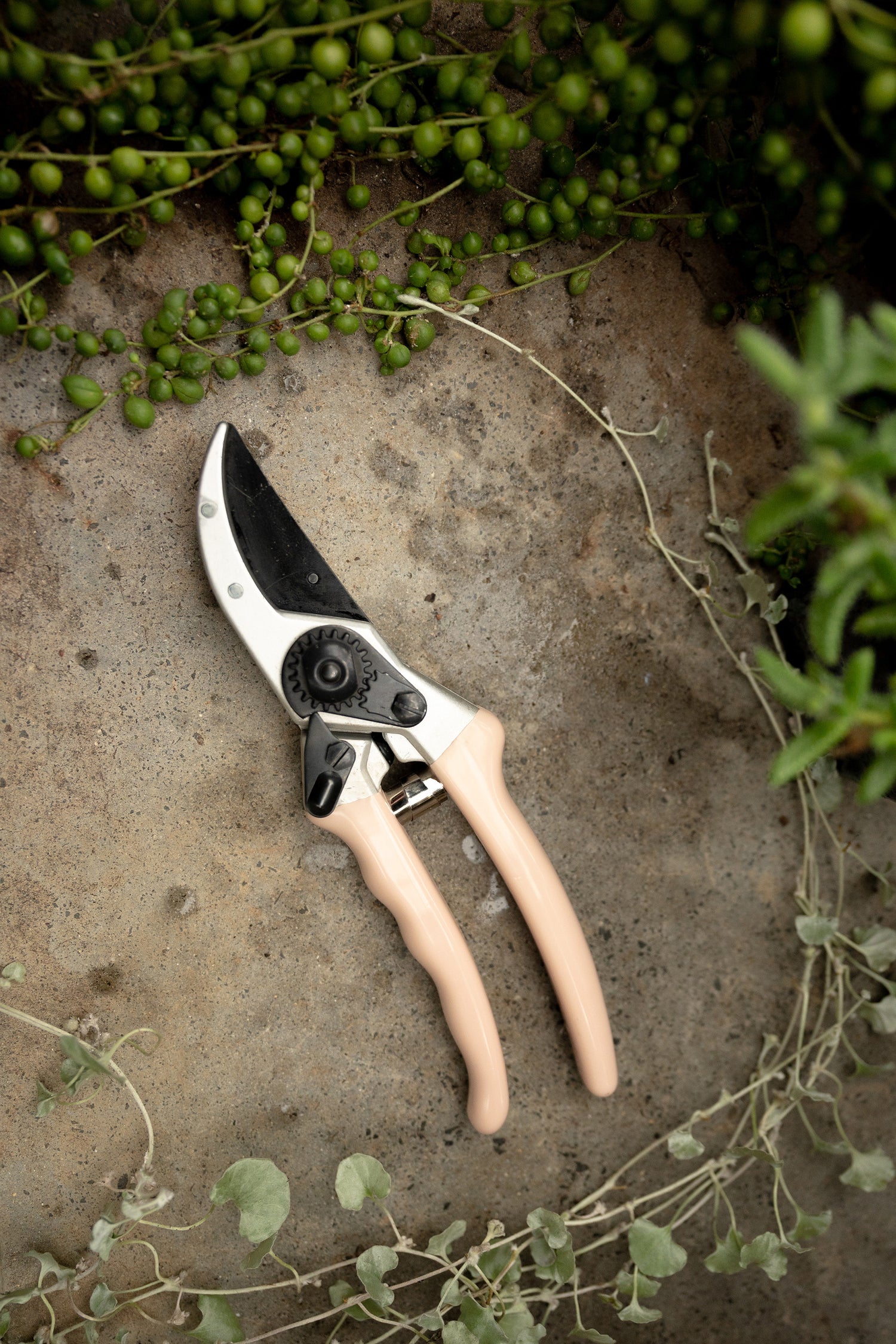Nothing compares to growing your own vegetables or sowing a row of your favourite flowers in the garden. As you begin to appreciate the produce, perpetual colours and all the time and effort it has taken for your backyard to be in full flourishing form, the last thing any gardener wants is for their garden to turn into a playground for unwelcome pests.
In this blog, we will be talking all things pest control, including slugs and snails. Pests like slugs and snails can be a problem many gardeners face. It can also be difficult to tell what types of slugs and snails as pests you may have. Unfortunately, slugs and snails can cause damage to your garden and many of its plant varieties, particularly during the wetter months. Not to worry, we will be discussing the various species of slugs and snails found in your garden and what can be done to control them and keep your garden flourishing.
Investing in pesticides and other toxic preventatives may be the easy answer to rid your outdoor space from invasion, but what you may not realise is that these chemical-based measures damage the entire ecosystem your garden is thriving off. Although your intention may be to deter slugs, caterpillars and fungal plant diseases, eradicating one species will most likely result in ending the cycle of beneficial insects such as ladybugs and lacewings, which prey on pests, as well as pollinators including butterflies, native wasps and bees that help reproduce and sustain the health of your garden. It is not just the insects that are affected by pesticides, in fact, your soil can be damaged by the harsh chemicals too. These chemicals can also stunt plant growth or leave your garden exposed to disease if the overall health of your garden is low. If your backyard is also occupied by children and pets it is best to use natural and non-harmful methods to ensure their safety. In addition, anyone who is growing vegetables and fruits for personal consumption most likely started planting with the intention of fostering an organic garden-to-plate lifestyle. The 100% freshness is guaranteed through growing your own plants, unlike produce supplied through supermarkets. By avoiding pesticides you can ensure your homegrown produce is 100% chemical-free, sustainable and deliciously healthy!

Classic 20m Retractable Hose Reel | Charcoal
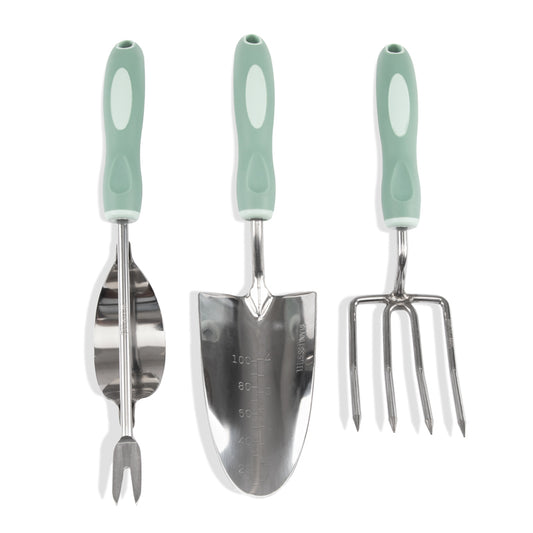
Garden Fork, Trowel and Weeder Set
Prevention
The most common problem that gardeners face is the damage to a crop from pests. Establishing a healthy yard from the initial sowing stage through to harvest is the best defence against uninvited garden pests.

- Soil - when choosing soil for your garden, consider an all-organic garden mix. Essentially a soil mix should contain a coarse sand and composted pine bark or a combination of green plant waste. Making your own compost is highly beneficial as you know exactly what has gone into your compost heap and thus your soil is a product of previous organic waste. A handy tip to add to any garden soil is espresso coffee grounds. Adding this will help rejuvenate garden areas which have been exposed to disease and acts as a protective barrier against potential plant problems.
- Tidy your garden space and clean your tools - be sure to clear away any plant debris such as dead leaves and weeds. Ensure you remove any weak plants from your garden that may already be infected with a disease. Why not try Hoselink’s Extendable Rake to help make maintenance a breeze? It is advised to avoid the transplantation of plants as you run the risk of moving one garden’s pest issue to another uninfected bed. Be sure to rid your plants of disease and insect larvae before moving. It is integral to remove plant matter from your garden space altogether and do not add it to your compost heap. Often we forget that plant disease, insect larvae and eggs can be distributed throughout our garden via our gardening tools. Make sure to wipe away soil residue from your tools after pruning and tidying up.

- Companion planting - why not tackle pest insects with beneficial insects? Companion planting comes helps deter pests by attracting natural predators. By sowing out a diverse range of plants it will help to host a range of beneficial insects and creates the ideal breeding ground for their food source - pests! Another positive of companion planting is biodiversity. By encouraging an assortment of plants, the variety of lifeforms in your garden multiplies. A couple of plants that make great companions include basil, which helps repel flies and mosquitoes, and if roses occupy your garden then why not plant garlic too as it helps keep aphids away? Companion planting, if sown cleverly, can also mean your garden is never without blossom and never short of pollinating insects, reptiles and birds.
-
Bait Method - When people think of pest control for slugs and snails, they often think of bait. The types of bait are usually made from iron phosphate, a naturally occurring substance that is toxic to both slugs and snails. Don’t worry, though. It is safe for humans and animals, making it an effective treatment. When using methods like bait, it is essential to be highly aware of the risk of overuse. Always read the label and use t only as directed.
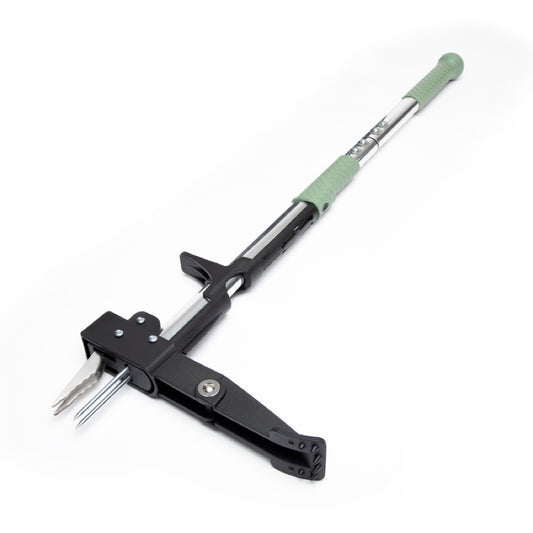
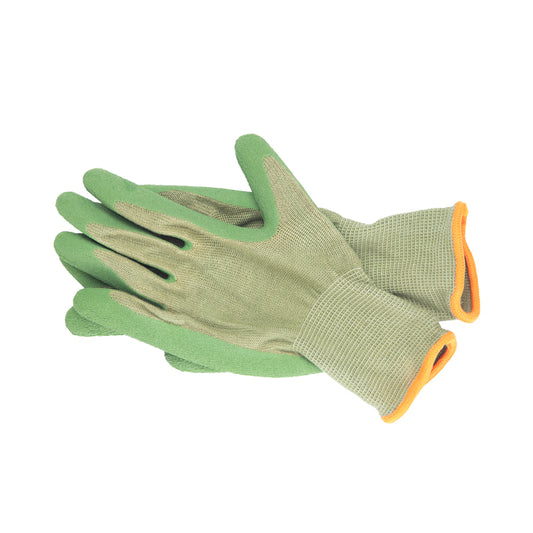
Lightweight Bamboo Garden Gloves
Natural forms of garden pest control
Maintaining and monitoring the garden pests settled amongst your plants has been trialed and developed over the many years that the human race has been involved in domestic gardening. Depending on your preferred method of tackling garden pests, it is guaranteed that chemical pesticides and toxic solutions are not needed to keep your garden healthy and pest-free.
- Homemade remedies for insects - preparing your own insect spray is an inexpensive and natural way to rid your garden of unwanted pests. A concoction of noxious (but not chemically toxic) ingredients is recommended to do the trick. Combine garlic, onion, eucalyptus oil, salt spray, powdered chilli or citric oil diluted in water and mix well. Store in a watering can or spray bottle. These ingredients are also well known for their pungent smell, which also lends itself as a repellent to most insects. Applying this mixture on the top of your plant and the underside of any leaves or fruit will provide an oily protective coating which garden pests will not be able to crawl over.


Heavy Duty Planter Bag

Heavy Duty Planter Bag
- Homemade remedy for slugs and snails - whether you mix espresso coffee ground into soil or compost, a diluted spray mixture or sprinkle it over the surface of your plants, espresso is the answer for ridding your garden of invasive snails and slugs. Espresso coffee is strong and needs to cover every part of where the snails and slugs may crawl. Because snails and slugs have very absorbent skin and secrete mucus to help them move, the potent nature of caffeine dries out and kills the reproductive cycle of the mucus gland. Without this gland the snail or slug can’t survive.
- Homemade remedies for fungal diseases - it is best, when treating infected plants, to evaluate the affected area of the plant first. A spray will work sufficiently in targeting one particular area and should be used in the early morning or evening, when the sun is less present, to avoid burning the plant. An apple cider vinegar mixture is best used on any plant infected with a disease and works particularly well on shrubs and small trees as well as roses. A bicarbonate soda, vegetable oil or detergent spray is best to treat mildew as well as having acidic qualities to suffocate insect egg cases. Seaweed/kelp spray is a great preventative measure to spray on all seedlings. Milk spray has several uses for treating fungal disease on plants too. Milk changes the pH level of leaves due to added foreign proteins which are not usually present in a plant. These proteins make it an inhospitable environment for disease to spread.
- Chickens - if you are lucky enough to have chickens on your property they will provide the best natural control system for garden pests. Chickens love to eat all types of beetles and grubs and will actively search for such bugs when scratching around in the garden. In doing so the chooks will turn your soil, keeping your garden aerated, preventing the settlement of garden pests and bacterial diseases. Chickens also provide one of the most valuable sources of natural compost. Chicken faeces are rich in essential nutrients, which help support a healthy garden environment, and are an excellent natural fertiliser.
-
Physical Methods - Another highly effective method is physical barrier protection. If you live in a household that eats eggs, or as we mentioned above, have chickens, this method is for you. Egg shells have sharp enough edges to mildly injure the slugs and snails to then prevent them from reaching your plants. If you don’t have eggshells readily available to you, dirt or sand, anything fine and gritty will also work to control the issue.
If you are particularly keen to tackle the issue head-on, you may opt to hand-pick the slugs and snails from your garden. This method is best done at night when the slugs and snails are most active. Using gloves, a flashlight or some form of outdoor lighting.
-
Deterring Methods - If you enjoy cooking with herbs, you’re in luck! Planting certain herbs is a great way to control slugs and snails. Slugs and snails dislike almost all herbs, but particularly sage, rosemary, thyme, parsley and chives. These are all excellent additions to your garden and the cooking you may be doing whilst being a pest deterrent.

Remember…
Like chemical pesticides, natural methods to prevent and control garden pests must be used with caution. Use homemade remedies selectively and be mindful that eradicating harmful garden pests will also affect beneficial insects and pollinators. When spraying homemade remedies, always wear protective gloves with elasticated wrists, like Hoselink’s Lightweight Bamboo Garden Gloves, to prevent debris and spills from contaminating your hands, and wash any areas of the body immediately if exposed. To keep on top of garden pest prevention and maintenance, always re-apply homemade remedies after rainfall and top-up your plants with organic compost seasonally.

